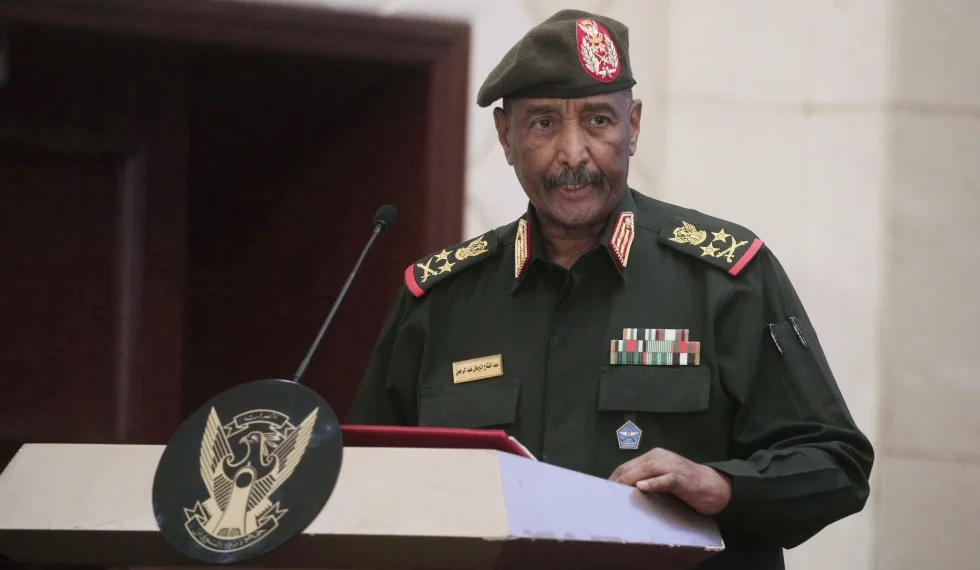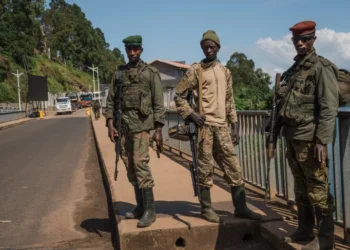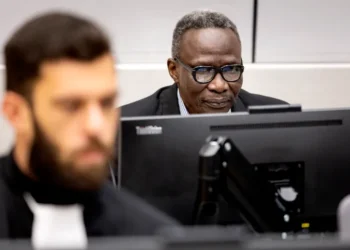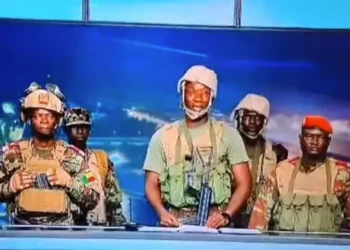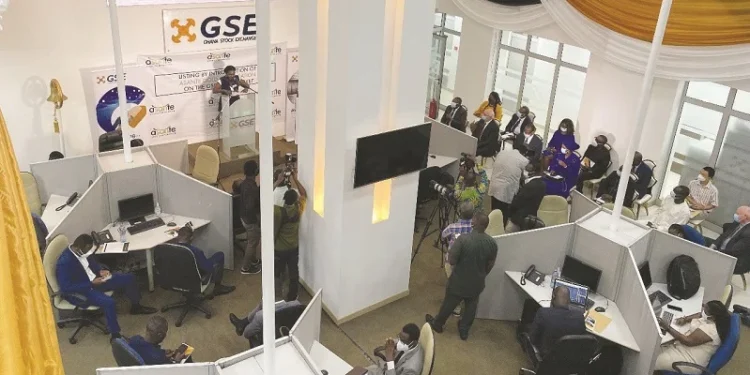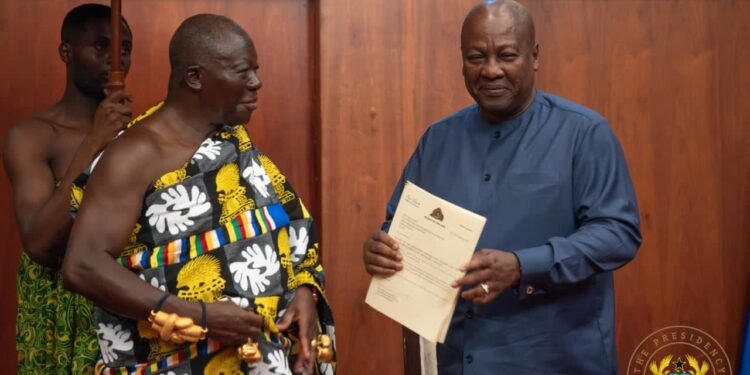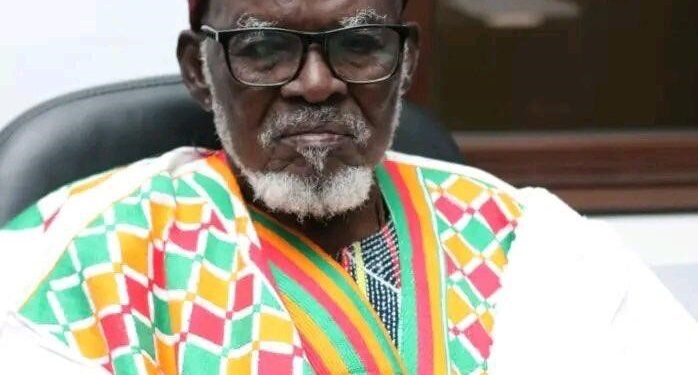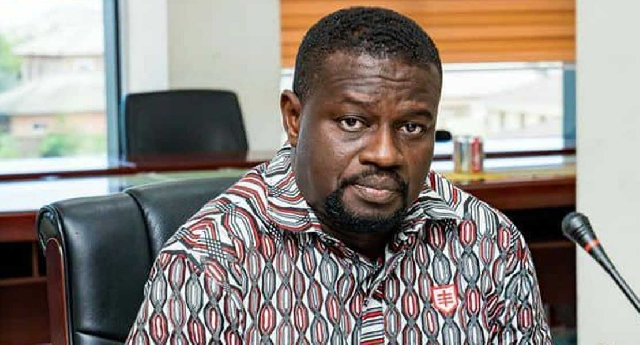Sudan’s top military commander, General Abdel-Fattah Burhan, narrowly escaped a drone attack during a military graduation ceremony in the eastern town of Gebeit.
The attack, which resulted in the deaths of five people, marks a significant escalation in the ongoing conflict that has ravaged Sudan for over a year.
The Sudanese military, in a statement released Wednesday, July 31 confirmed that two drones targeted the ceremony shortly after its conclusion.
General Burhan, who was in attendance, was unharmed, according to Lt. Col. Hassan Ibrahim from the military spokesman’s office.
Sudan has been embroiled in a fierce struggle between the national military and the Rapid Support Forces (RSF), a powerful paramilitary group.
With the capital, Khartoum, in turmoil, the military leadership has largely shifted its operations to eastern Sudan near the Red Sea Coast.
Videos circulating on social media depict chaotic scenes from the attack, with people fleeing along a dusty road and others at the ceremony glancing skyward as the drones struck.
This assassination attempt comes on the heels of a significant announcement by the RSF leader. General Mohammed Hamdan Dagalo, head of the RSF, stated his intention to participate in ceasefire talks in Switzerland next month.
These talks, facilitated by the United States and Saudi Arabia, aim to pave the way for peace in Sudan.
Dagalo described the upcoming negotiations as “a major step” towards achieving peace and stability in Sudan, envisioning a new state grounded in “justice, equality, and federal rule.”
Responding to the U.S. invitation to the Geneva talks, the Sudanese Foreign Ministry expressed the military-controlled government’s willingness to participate.
However, they emphasized that any negotiations must adhere to the Jeddah Declaration, a previous agreement aimed at protecting civilians and ending the conflict, which both sides have yet to fully commit to.
The revived talks between the Sudanese Army and the RSF in Jeddah, brokered by the U.S. and Saudi Arabia, have focused on delivering humanitarian aid, achieving ceasefires, and moving towards a permanent cessation of hostilities.
Foreign Ministry Calls for RSF Sanctions
In its Tuesday, July 30 statement, the Sudanese Foreign Ministry accused the RSF of being the sole aggressor, responsible for attacks on cities, villages, and civilians.
The military-controlled government called for sanctions against the RSF to halt their continuous aggression, lift sieges on cities, and open roads.
“The same parties participating in the Geneva talks were involved in the Jeddah discussions, with identical topics,” the ministry’s statement read.
They insisted that the military-led government must be consulted on the agenda and participants for any future negotiations, with the Jeddah Declaration serving as the foundation.
“The Sudanese government requested a meeting with the U.S. government to chart a path for peace negotiations that would benefit the Sudanese people,” the Foreign Ministry added.
Cameron Hudson, former chief of staff to the special envoy to Sudan, noted that the military government’s response was more open and positive than expected.
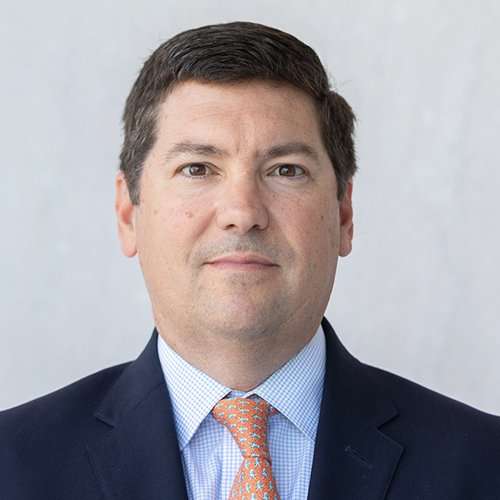
“I can’t think of a previous U.S. envoy who had to negotiate such a complex set of issues without access to the country, its people, or leadership. An impossible task. The U.S. should seize this opportunity and propose side talks with the SAF soon.”
Cameron Hudson
The RSF, originally formed from Janjaweed fighters under former Sudanese President Omar al-Bashir, has a contentious history.
Bashir, who ruled Sudan for three decades until his ousting in 2019, is wanted by the International Criminal Court on charges of genocide and other crimes during the Darfur conflict in the 2000s.
The ongoing conflict has displaced more than 4.6 million people, according to the U.N. migration agency.
Over 3.6 million have sought refuge within Sudan, while more than a million have crossed into neighboring countries. Egypt alone has seen an influx of over 285,300 Sudanese refugees.
READ ALSO: Veteran Nigerian Musician Onyeka Onwenu Dies at 72

